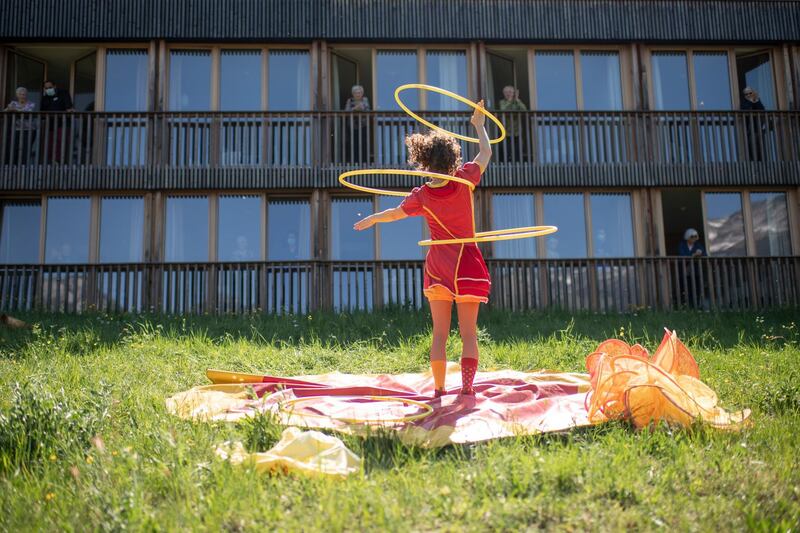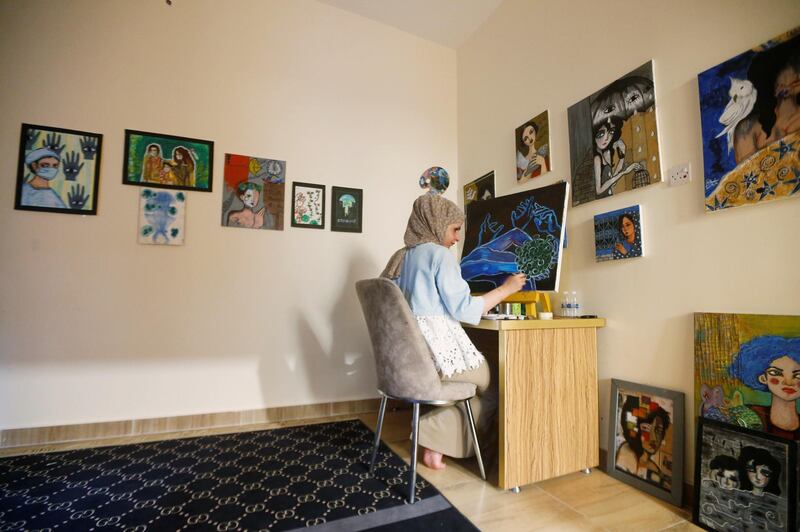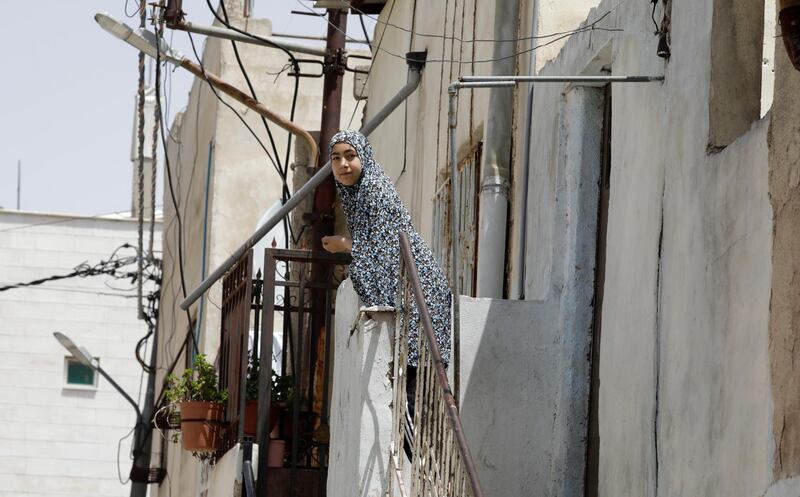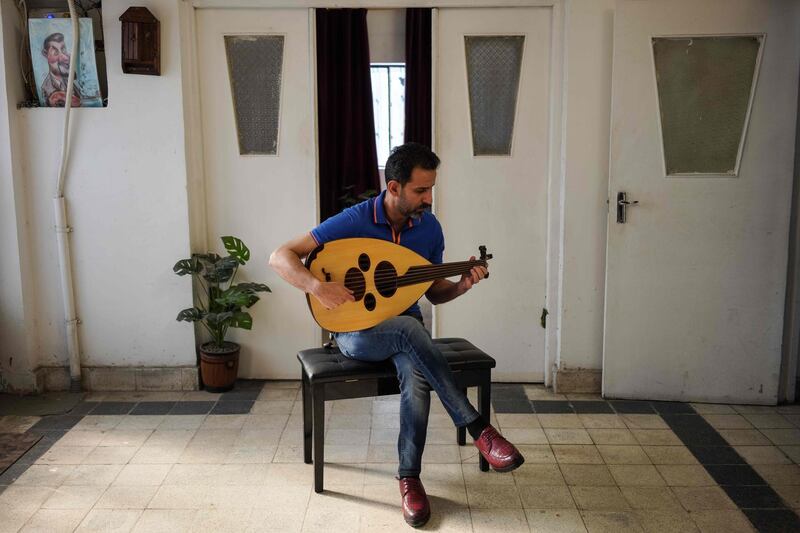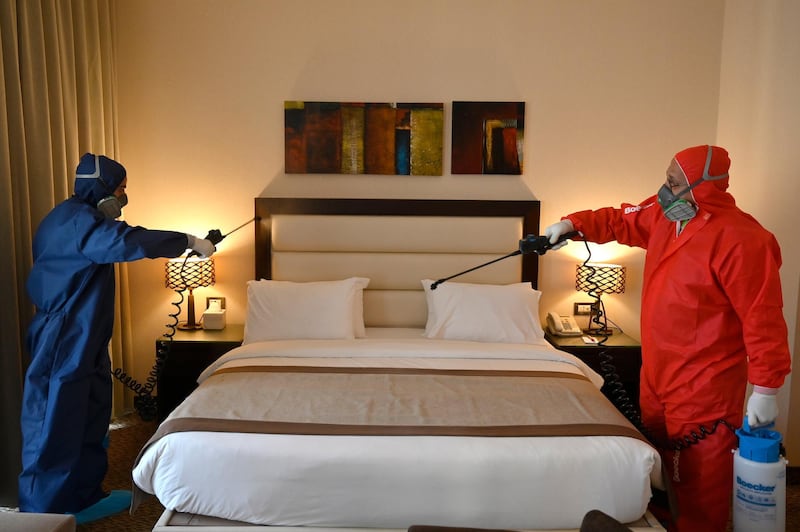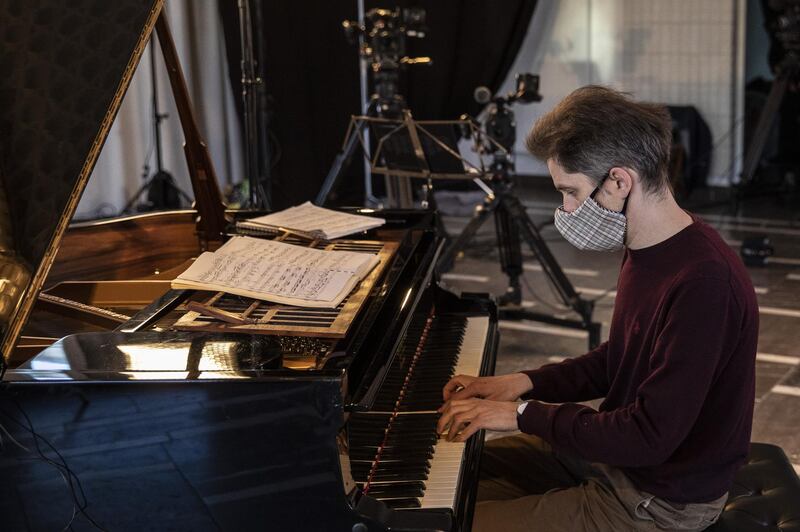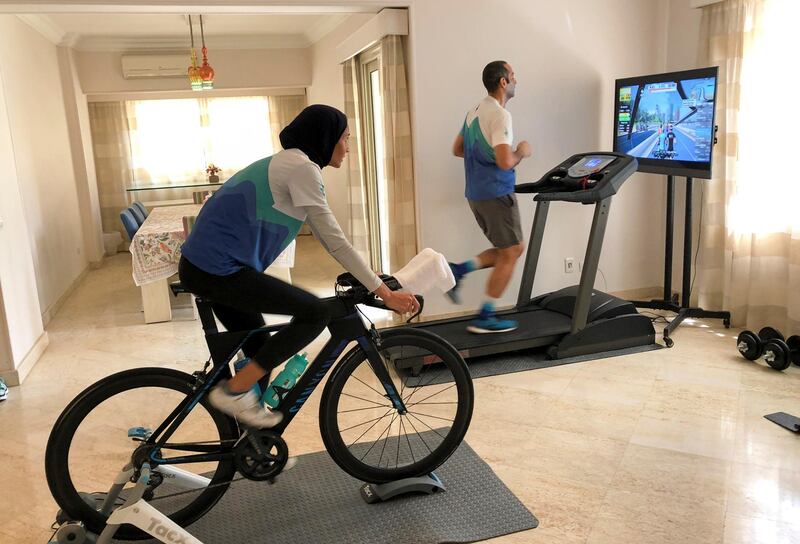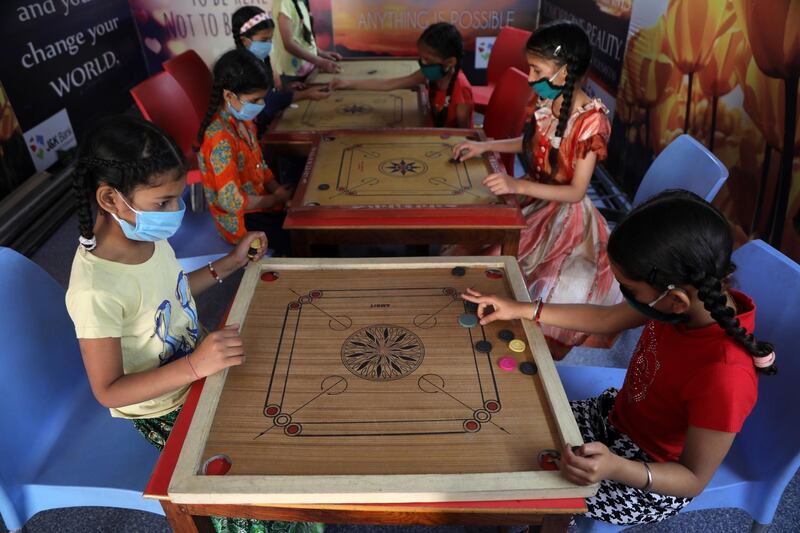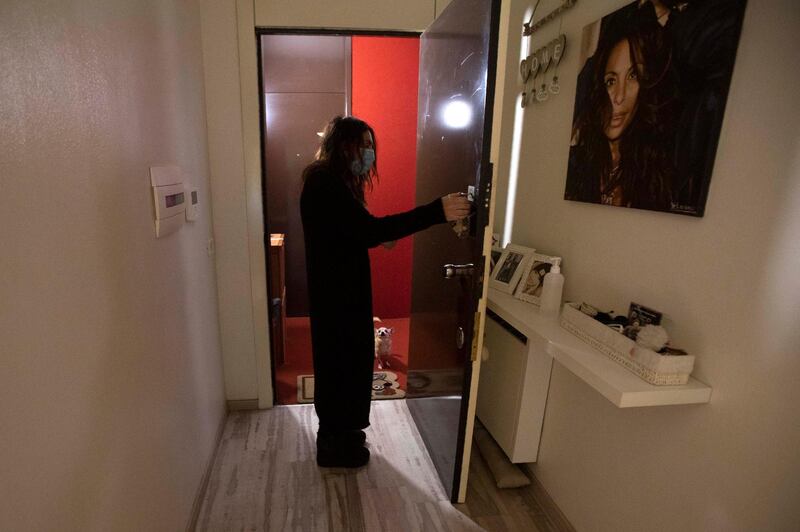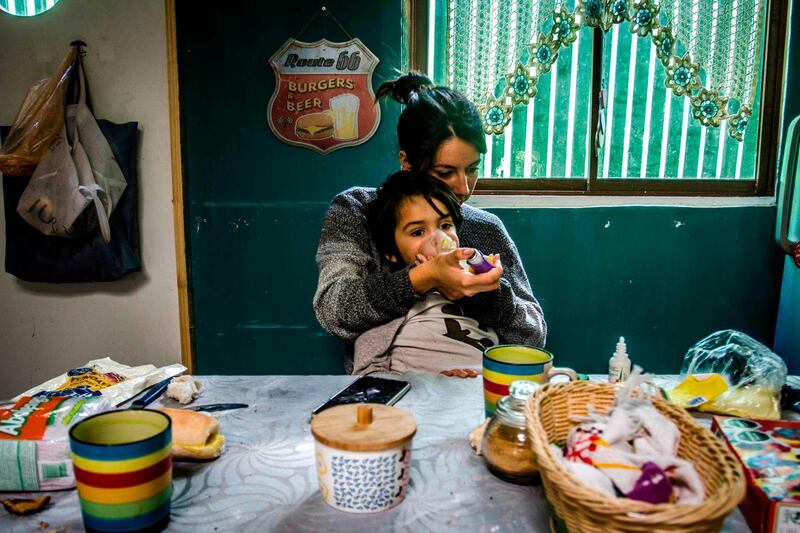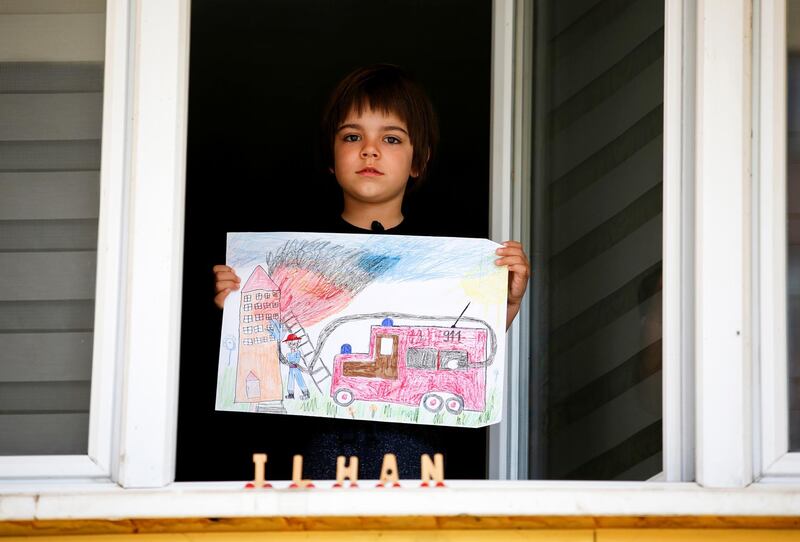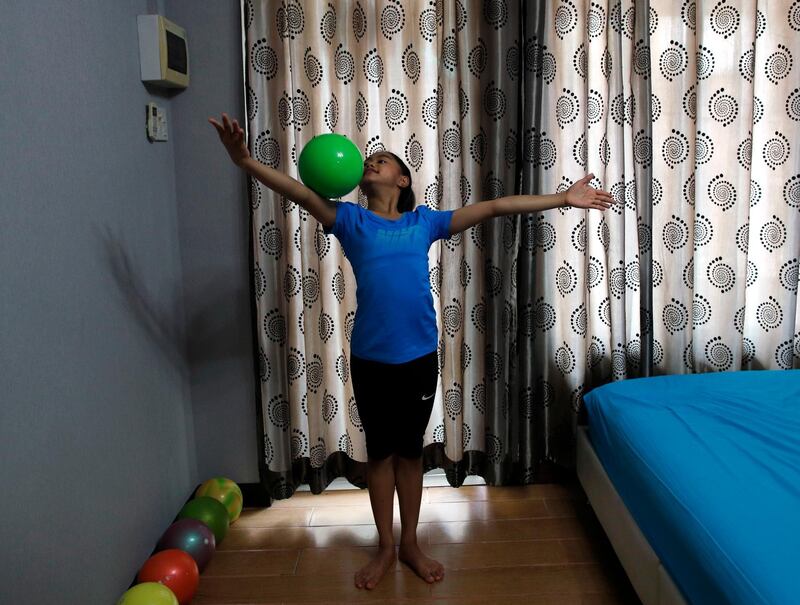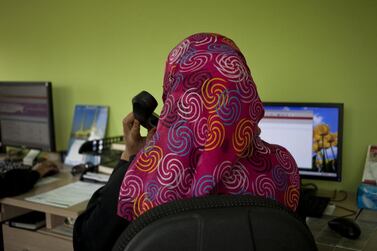A survey to mark World Mental Health Day on Saturday showed people are working longer hours, suffering sleep deprivation and are risking burnout.
Global health services company, Cigna Insurance, conducted the study, which shatters idealistic perceptions of working at home.
Rather than empowering workers, it can make them more stressed and pressured to be always available.
The survey revealed 64 per cent of people had to work over the weekend in August, a significant increase from before the Covid-19 pandemic.
“Respondents claimed a steady decline in the quality of their sleep, weight, diet and exercise," said Jerome Droesch, chief executive of Cigna's Middle East and African division.
"Another aspect impacting physical health is stress, rising from an 'always-on' work culture and overwork.
“People found themselves working late and on weekends, leading to 96 per cent of respondents reporting stress in June and 91 per cent in September.”
Mr Droesch said there had been a noticeable decline in the physical well-being of those who took part in the survey.
He said the Cigna surveys take place in several countries and typically ask the views of 500 to 1,000 people in each nation.
“Cigna’s Covid-19 global impact study noted that the UAE’s scoring on the physical well-being index declined from 65.9 points in April to 62.4 points in September this year,” Mr Droesch said.
“It is a well-known fact that chronic stress can have a significant impact on physical and mental health, and also affects people’s ability to perform tasks and engage effectively with others.
“People tend to suffer in silence as they are often unaware of how to manage their stress.
"To take control of their stress, people need to understand and see it differently so they can assess how to better manage their health.”
Meanwhile, the World Health Organisation warned that the pandemic was causing mental health conditions due to factors including loss of income, isolation and uncertainty.
The report also revealed employers were facing a challenge to keep the workforce engaged.
The survey said the number of parents able to look after their children’s health and well-being had declined from 67 per cent in April to 59 per cent in August.
But it was not all bad news. Family life slightly improved with people spending more time together, the survey said.
That index rose from 47 per cent in January to 54 per cent in August.
Most people said they felt supported by their close families during the lockdown, although it declined from 58 per cent in April to 54 per cent during August.
While the survey found the level of well-being had gradually declined since the start of the lockdown, it also showed the UAE ranked higher than the global average.
The UAE had a score of 65.7 in September, compared to the global average of 61.6.
Time with family, physical health and social well-being is significantly higher in the UAE than the global average.
The biggest dip in the survey was in financial well-being, which dropped from 56.2 in April to 54 in June.
But the most recent figure, for the month of September, was back up to 55.6.
The survey recorded a drop in companies offering remote work from 71 per cent in April to 41 per cent in August.
